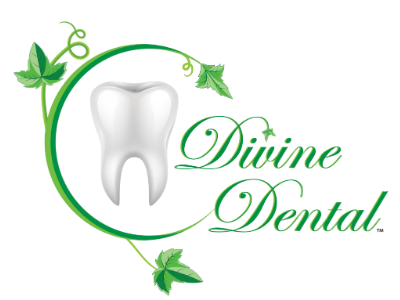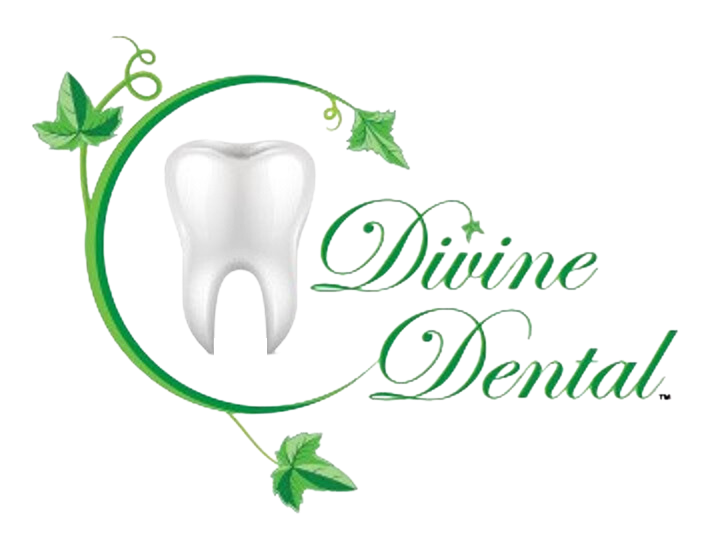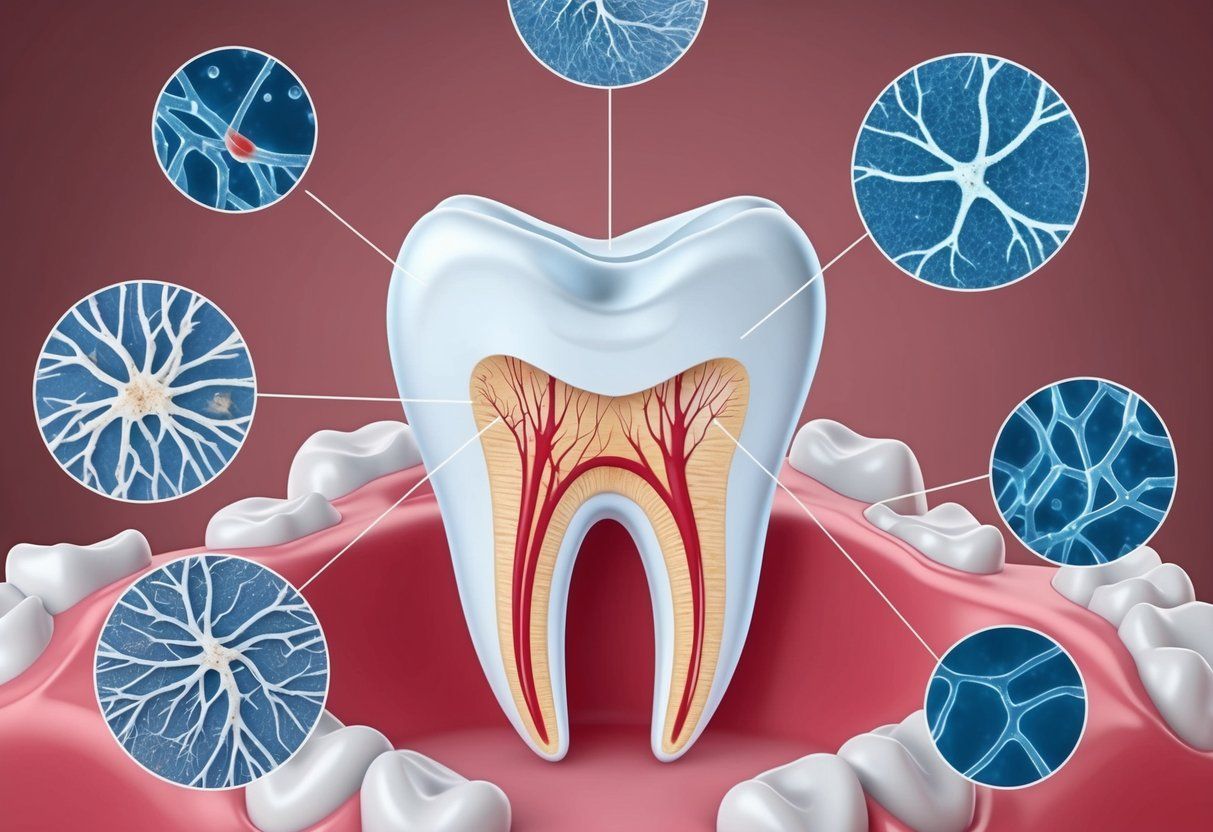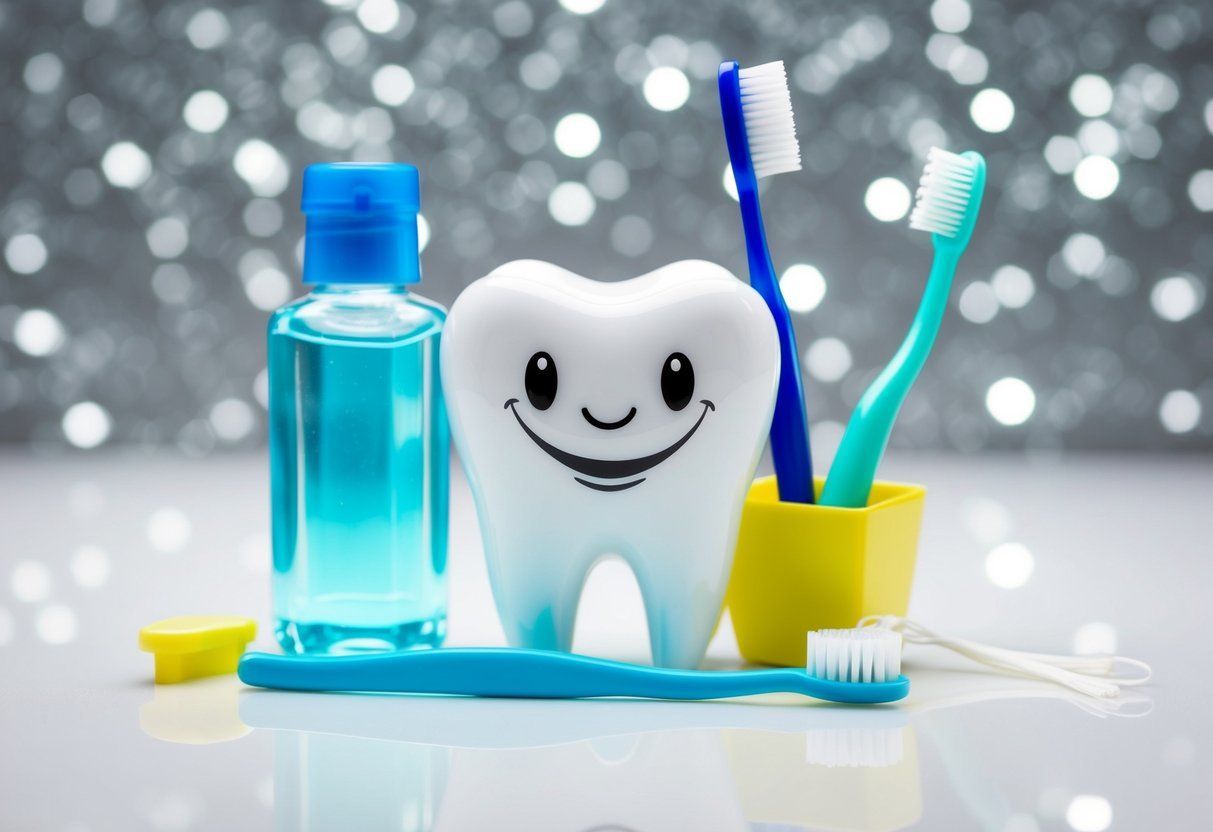Diving Deeper into Comprehensive Oral Care
Key Takeaways:
- Teeth Cleaning is Essential: Beyond daily brushing and flossing, professional cleaning ensures the overall health of your gums and teeth and can detect early signs of dental problems.
- Dental Sealants Offer Protection: These barriers, commonly applied to children's molars, shield teeth from decay and last up to a decade with proper care.
- Night Guards for Holistic Health: More than just preventing teeth grinding, custom-fitted night guards can alleviate symptoms of TMJ disorders and protect expensive dental restorations.
- Preventative Dentistry is Proactive Care: By focusing on early detection and intervention, preventative dentistry minimizes the need for more invasive treatments in the future.
- Oral Cancer Screenings Save Lives: Regular screenings, even for non-smokers, are vital for early detection, which can significantly improve treatment outcomes.
- Family Dentistry for All Ages: Catering to patients from toddlers to seniors, family dentists ensure continuous and comprehensive care for the entire family.
Remember, consistent dental check-ups and adherence to professional advice are instrumental in maintaining oral health and overall well-being.

General Dentistry: Delving Deeper into Comprehensive Oral Care
A smile is more than just a facial expression—it's a window into the health of one's oral ecosystem. General dentistry, with its multifaceted offerings, plays the crucial role of guardian to this ecosystem. Let's embark on a more detailed exploration of six of its core components.
1. Teeth Cleaning:
Far from being a mere cosmetic procedure, professional teeth cleaning forms the bedrock of oral hygiene and overall dental health.
- Surface Cleaning and Beyond: While daily brushing and flossing are essential, they often miss the intricate crevices and spaces between teeth. Dental hygienists, armed with specialized tools, meticulously clean these hard-to-reach areas, ensuring a thorough cleanse.
- Gum Vigilance: During these cleanings, hygienists and dentists also examine the gums. Redness, swelling, and bleeding are red flags. Addressing these symptoms early can prevent serious gum diseases like periodontitis, which can lead to tooth loss and have systemic implications, affecting overall health.
- Diagnostic Benefits: Regular cleaning sessions offer a chance to monitor teeth health continuously. By spotting cavities, fractures, or wear early, interventions can be less invasive and more effective.
- Stain Removal: Daily consumption of beverages like coffee, tea, and wine can stain teeth. Professional cleaning helps in removing these stains, restoring the natural whiteness and luster of teeth.
2. Dental Sealants:
Think of sealants as shields—defending teeth, especially the vulnerable molars, from potential decay.
- For All Ages: Children and teenagers are prime candidates, given their proclivity for sugary treats. However, adults with deep grooves in their molars shouldn't shy away from this protective measure.
- Evolving Materials: With advancements in dental science, today's sealants are not just more durable but can also slowly release fluoride, acting as a dual protective-and-strengthening agent for the tooth.
- Cost Implications: When you compare the cost of applying sealants with the expenses involved in treating a cavity—both financially and in terms of discomfort—the scales tip heavily in favor of this preventive measure.
- Longevity: Properly applied and cared for, dental sealants can last up to a decade, making them a long-term investment in one’s oral health.
3. Night Guards:
These seemingly simple devices carry the weighty responsibility of protecting our teeth from the unconscious grind and clench of nighttime bruxism.
- Bruxism and Beyond: Night guards serve as a barrier, absorbing the stress and preventing the wear and tear of enamel. But their benefits extend beyond just teeth protection; they also play a role in preventing headaches and muscle soreness associated with grinding.
- Customization is Key: Over-the-counter night guards can't match the precision of a dentist-provided, custom-fitted one. These tailor-made guards ensure comfort, making it more likely that patients will wear them consistently.
- Protecting Your Investment: For those who have had restorative work like crowns or veneers, night guards help protect that investment, ensuring the longevity and integrity of such treatments.
- Jaw Health: Constant grinding can strain the temporomandibular joint, leading to TMJ disorders. Night guards help in distributing the force evenly, reducing the strain on the jaw.
4. Preventative Dentistry:
This branch of dentistry looks into the future, anticipating problems and acting before they become severe.
- Beyond Teeth: It’s not just about cavities. Preventative dentistry assesses the entire oral environment. This involves ensuring gum health, monitoring bone density, and even evaluating alignment issues, which, if left unchecked, could require more intensive interventions later.
- Technological Edge: With tools like digital X-rays and intraoral cameras, dentists can get a detailed look at the oral cavity, often catching potential problems well before they manifest physically.
- Education and Counseling: An integral part of prevention is awareness. Regular consultations provide opportunities for patients to learn about optimal oral hygiene practices, dietary choices, and habits that could impact their oral health.
- Fluoride and More: Preventative treatments may include topical fluoride applications to strengthen teeth or even recommendations for specific mouthwashes and toothpaste to address individual needs.
5. Oral Cancer Screening:
This procedure is more than just a checkup—it could very well be a lifesaver.
- Holistic Examination: An oral cancer screening goes beyond the teeth. Dentists examine the entire oral cavity, including the tongue, floor of the mouth, palate, and even the throat, searching for any anomalies or early warning signs.
- Advancements in Screening: Modern tools like the VELscope use specialized light to identify changes in the tissues, often catching potentially malignant changes much earlier than traditional examinations.
- Risk Assessments: Based on a patient's lifestyle and habits, dentists can evaluate their risk factors for oral cancer and offer guidance on mitigative measures.
- Regular Monitoring: For those at higher risk, regular screenings can be the difference between early detection and late-stage discovery, greatly impacting outcomes and treatment paths.
6. Family Dentistry:
This one-stop solution caters to members across age groups, ensuring comprehensive and continuous care for the entire family.
- Pediatric to Geriatric: From addressing teething issues in toddlers to the specific dental needs of seniors, family dentists possess the versatility and knowledge to offer solutions tailored to every life stage.
- Consistency: Having a singular dental point-of-contact for the entire family ensures consistent and detailed record-keeping. This continuity can be invaluable, especially when assessing hereditary or genetic dental issues.
- Building Trust: A familiar environment and face can greatly reduce dental anxiety, especially in children. Over time, family members build trust with their dentist, making visits less stressful and more productive.
- Educative Role: Family dentists often take on the role of educators, guiding parents on children's oral care, advising adolescents on braces or wisdom teeth extraction, and helping adults maintain their oral health as they age.
Through these multifaceted offerings, general dentistry ensures that every individual, irrespective of age or specific needs, can enjoy a lifetime of strong, healthy smiles. Investing in regular dental check-ups and following professional advice is a sure-shot way to oral wellness.

Frequently Asked Questions (FAQ) on General Dentistry
1. What is general dentistry?
General dentistry focuses on the overall maintenance of oral hygiene and tooth health. It encompasses a variety of services and treatments to ensure the health and functionality of the oral ecosystem.
2. How often should I get my teeth professionally cleaned?
For most individuals, bi-annual visits (every six months) are recommended. However, those with specific dental issues or at a higher risk for oral diseases might need more frequent visits.
3. Are dental sealants only for children?
While commonly applied to the molars of children and teenagers to prevent decay, adults with deep grooves or depressions in their teeth can also benefit from sealants.
4. I often wake up with jaw pain. Do I need a night guard?
Jaw pain upon waking may indicate bruxism (teeth grinding) or potential TMJ disorders. It's advisable to consult your dentist, who might recommend a night guard or other treatments.
5. What does preventative dentistry include?
Preventative dentistry encompasses a wide range of practices, from regular cleanings to patient education, fluoride applications, and early detection of potential issues using advanced diagnostic tools.
6. Is oral cancer screening essential even if I don’t use tobacco?
Yes. While tobacco use significantly increases the risk of oral cancer, other factors, including alcohol consumption, certain strains of HPV, and sun exposure, can also increase risk. Regular screenings ensure early detection.
7. How does family dentistry differ from general dentistry?
Family dentistry is a subset of general dentistry that caters to patients of all age groups. From pediatric needs to geriatric care, family dentists are equipped to address dental concerns throughout a patient's life.
8. How long do dental sealants last?
Dental sealants can last up to a decade with proper care. However, regular dental check-ups are essential to ensure their integrity.
9. Can I eat immediately after getting sealants?
Yes. One of the benefits of dental sealants is that there's no waiting time. You can eat immediately after the procedure.
10. Is it worth investing in a custom-fitted night guard?
Absolutely. Custom-fitted night guards are tailored to your mouth, ensuring maximum comfort and protection. Over-the-counter versions may not offer the same fit or efficacy.
11. How early should children start visiting the dentist?
The American Dental Association recommends that a child's first dental visit should occur within six months after the first tooth appears but no later than the child’s first birthday.




